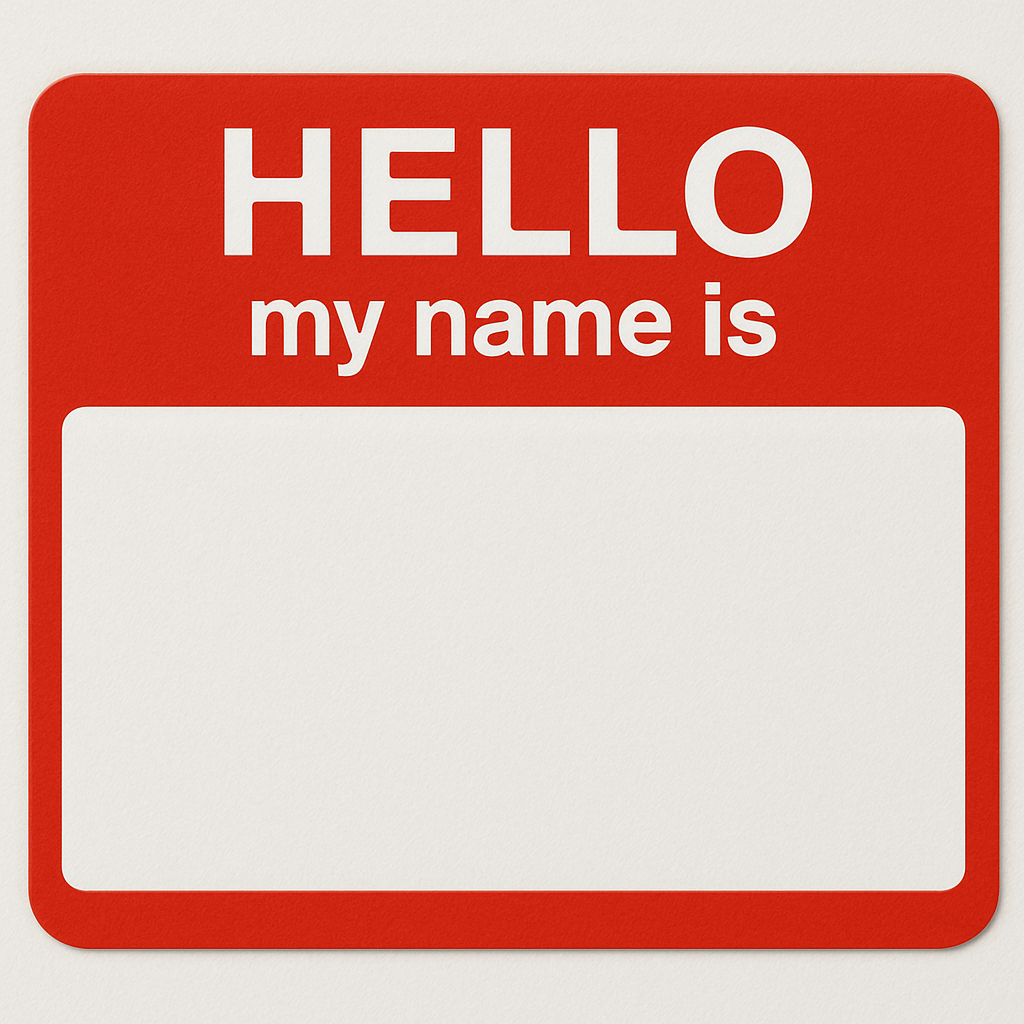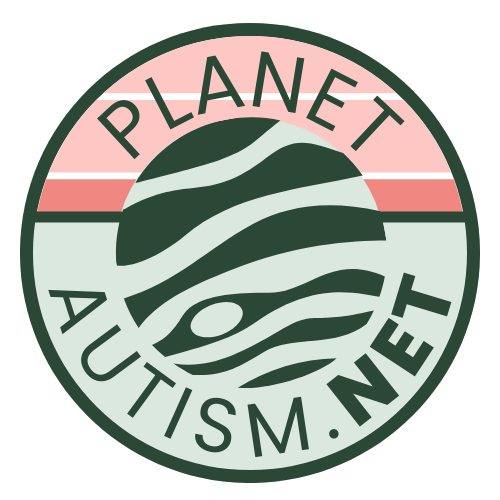Names Matter
Autistic, not “a person with autism.” Language shapes understanding, and for many of us, identity. Here’s why I reject person-first language when it comes to autism, and why calling it what it is matters more than you think.

Language matters. Names matter. Most of the time.
Here is the current conventional wisdom: when describing someone who has a medical condition, use “person first” language. Don’t call that person a "cancer patient." Call them a "person with cancer." Because they are, first and foremost, a person. Their disease doesn’t define or limit who they are. It is something that happened to them that they are fighting against. And, ideally, the correct combination of treatments will eliminate the cancer.
And for the most part, I’m fine with “person first” language. It isn’t something I’m going to start a fight over. Tell me what you want to be called, and I will do my best to call you that.
With one notable exception.
I am not a person with autism. I am autistic. I am an autistic person.
My disease doesn’t define me because I don’t have a disease. I am autistic.
My autism isn’t something that happened to me. It is wired into my brain.
My autism isn’t going to go away. This is who I am.

Autism describes the way my brain is structured and the way that it processes information. It’s how my brain works. It shapes how I perceive the world and how I react to it. I would argue that the way a person’s brain works does define who they are. At least in part.
I am an autistic person.
Don’t tiptoe around it. Call it what it is. Autism isn’t a dirty word. It isn’t insulting. It’s factual. The same applies to the words “disabled” and “disability.”
On a good day, if you call me a person with autism, I will let it go. I only have so much social energy and I’m not going to spend it lecturing people about "person first" language ten times a day. On a very good day, I will take the time to point out my preferred language. On a bad day, I’m not going to say anything. But know in your heart that you made my bad day just a little bit worse.
If you call me an autistic person, then 2 things happen.
1. It makes me slightly more comfortable around you because there may be a chance that you understand at least some aspects of who I am.
2. It helps us communicate. In general, autistic people have little patience with euphemisms, small talk, and conversational filler. Get to the point. Say what is true. Let’s talk about that. Again, my social battery is very small and depletes very quickly. I’m not going to use up a day’s allotment of conversation listening to you trying very hard not to say what you mean.
And that may sound harsh. But it is my reality.
Fair warning: the majority of autistic people don't like the term "people with autism." And while I will typically let it go if someone uses the less preferred term, others will not.
Some autistic people will disagree. Some don't like the stigma associated with the term "autism" and prefer another term. So be it. Call people what they want to be called.




